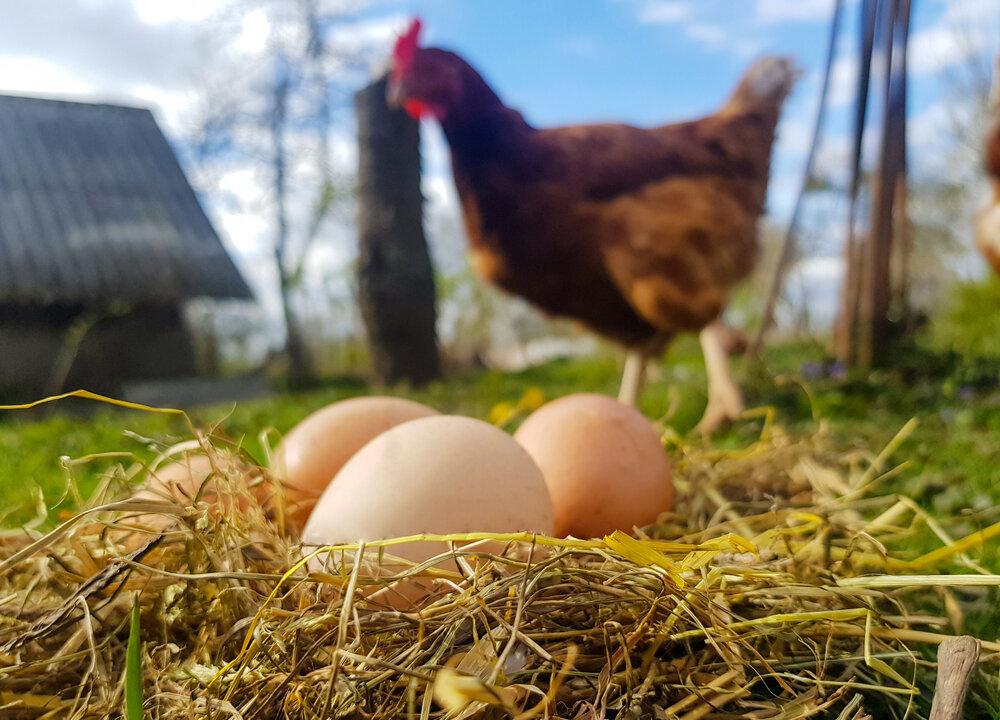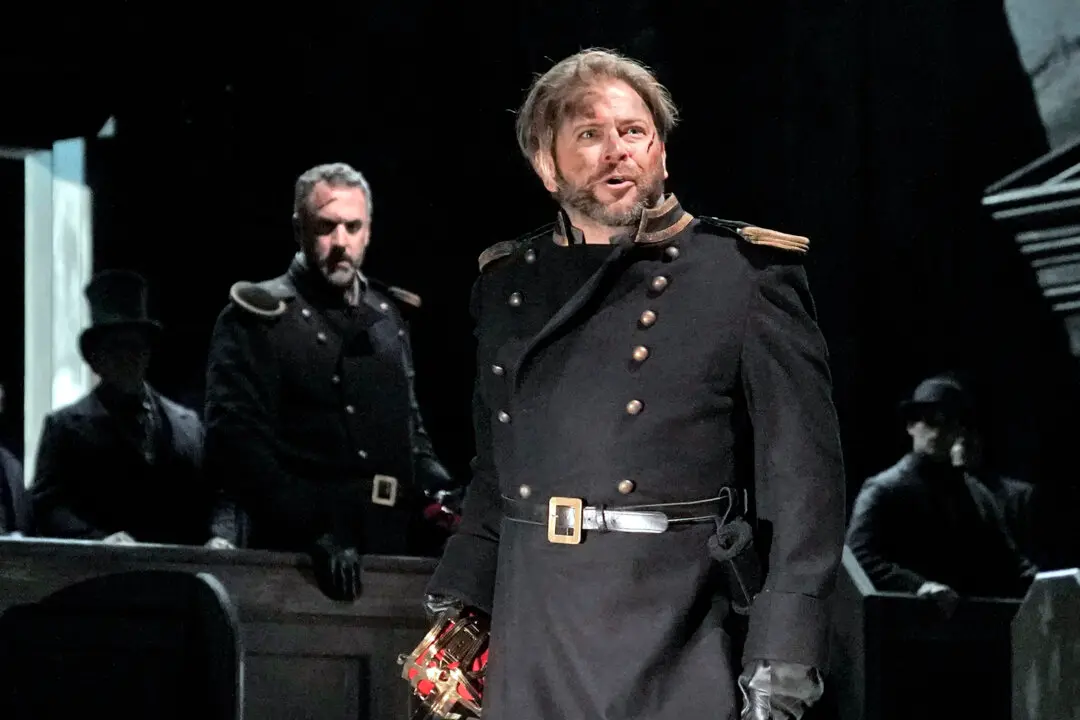Commentary
Have you ever wanted to get away from the strife, complication, and corruption of modern society? Perhaps you’ve dreamed of escaping it all and living a simple, wholesome life on a chicken farm. Getting away from the excessive technology and pollution of modern life may seem like a 21st-century phenomenon, but escapism is nothing new. Bob MacDonald has the same idea after World War II in “The Egg and I” from 1947.





